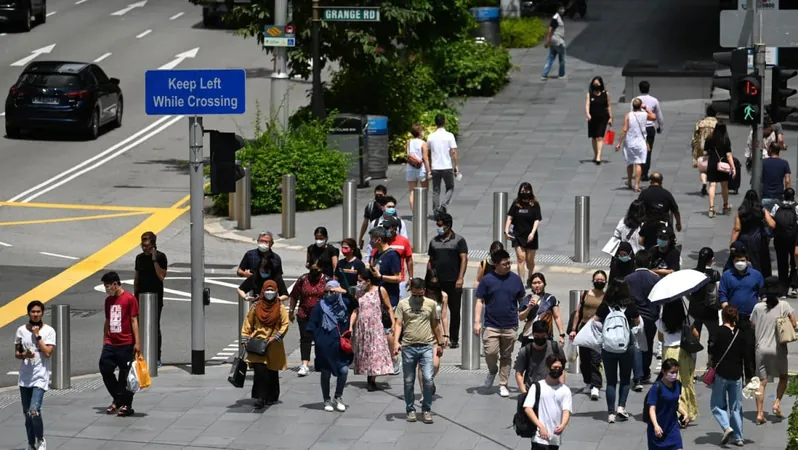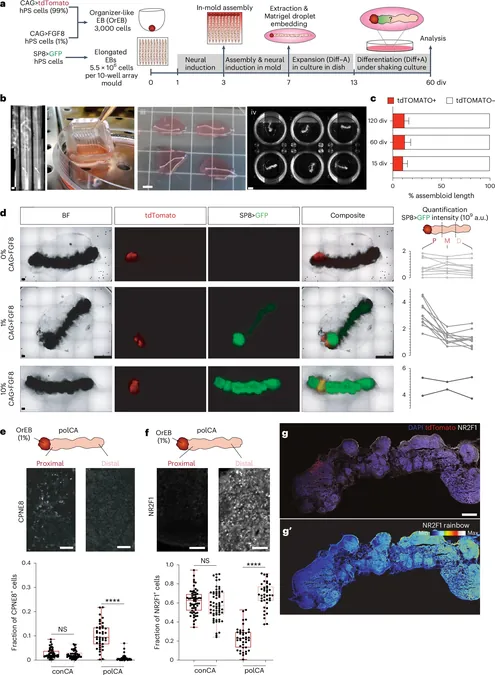
Surge in Singaporeans Viewing Country as Full Democracy Amidst Ongoing Challenges: Insights from Asian Barometer Survey
2024-09-27
Overview
A recent Asian Barometer Survey reveals a growing perception among Singaporeans that their country is a full democracy, a sentiment that has increased since 2020. Conducted by the National University of Singapore's Institute of Policy Studies, the survey gathered input from 1,003 citizens aged 21 and above between September and November 2023.
Key Findings
The findings, released on September 27, indicate that 12.4% of respondents now classify Singapore as a full democracy, up from 9.2% in 2020. This uptick suggests a positive shift in citizens' understanding and acceptance of the democratic framework in Singapore, despite acknowledging some 'minor problems' within the system. Historically, survey data since 2006 has shown that while most Singaporeans regard the nation as a democracy, they have often noted challenges that it faces.
Interestingly, the survey also highlighted differences in perceptions based on education levels. Individuals with lower educational qualifications were more inclined to believe that Singapore's democracy was less robust compared to their more educated counterparts. Meanwhile, respondents aged 35 and older tended to think there has been little to no change in the democratic landscape over recent years.
Perceptions of Democracy
In terms of what characterizes democracy, respondents expressed that basic necessities, such as food, clothing, and shelter, should be guaranteed for everyone. There was less emphasis placed on political and civic rights, such as the freedoms of expression and assembly, which indicates a distinct prioritization of social welfare over political freedoms among Singaporeans.
Commitment to Democratic Values
Despite the nuances in opinions about democracy, a substantial majority of Singaporeans—72.2%—either strongly agreed or agreed that while democracy has its issues, it remains the best form of governance. This sentiment demonstrates a stable commitment to the democratic values within the populace, with over 80% expressing satisfaction with the democratic processes in Singapore over the past several years.
Importance of Democracy vs. Economic Development
When comparing the importance of democracy and economic development, a significant 28.3% of respondents indicated that both aspects are equally important—a marked increase from just 8.2% in 2020. This growing recognition underscores an evolving dialogue among Singaporeans about the balance between prosperity and democratic principles.
Views on Governance and Political Representation
Additionally, the survey explored Singaporeans' views on governance and political representation. A mere 4.2% supported the idea of replacing parliamentary democracy with a strong, decision-making leader, while a robust 72.7% opposed such authoritarian inclinations. The survey also found that 20.9% of citizens felt the current government system is functioning adequately, though this marks a decrease from previous years.
International Perceptions
On an international scale, perceptions of China's influence in Asia appear more favorable compared to that of the United States. While only 34.3% of respondents viewed the U.S. as having a positive impact, a significant 50.1% felt similarly about China's role. This reflects a broader trend of Singaporeans increasingly acknowledging China's rising footprint in the region.
Methodology Changes
The methodology of the survey has also evolved; respondents now complete the survey on tablets rather than having interviewers read out questions. This shift has resulted in a notable increase in non-committal answers, especially regarding complex topics like international relations.
Conclusion
As Singapore approaches its future, the insights from this survey suggest a populace that is cautiously optimistic about its democratic trajectory, with a clear preference for maintaining a community-oriented governance model amidst global influences and local challenges. The findings provide a vital barometer of public sentiment that could shape the nation's political landscape in the years to come.




 Brasil (PT)
Brasil (PT)
 Canada (EN)
Canada (EN)
 Chile (ES)
Chile (ES)
 España (ES)
España (ES)
 France (FR)
France (FR)
 Hong Kong (EN)
Hong Kong (EN)
 Italia (IT)
Italia (IT)
 日本 (JA)
日本 (JA)
 Magyarország (HU)
Magyarország (HU)
 Norge (NO)
Norge (NO)
 Polska (PL)
Polska (PL)
 Schweiz (DE)
Schweiz (DE)
 Singapore (EN)
Singapore (EN)
 Sverige (SV)
Sverige (SV)
 Suomi (FI)
Suomi (FI)
 Türkiye (TR)
Türkiye (TR)